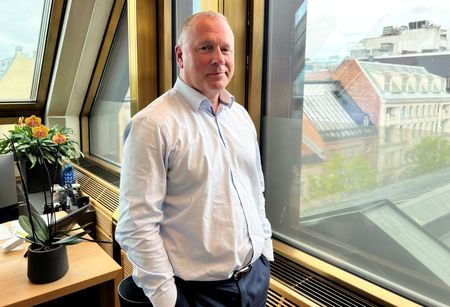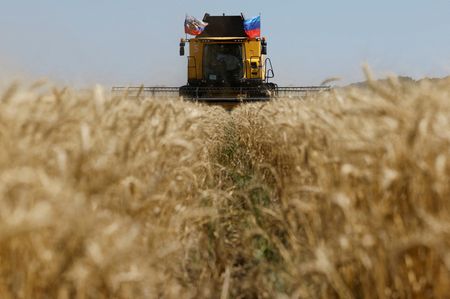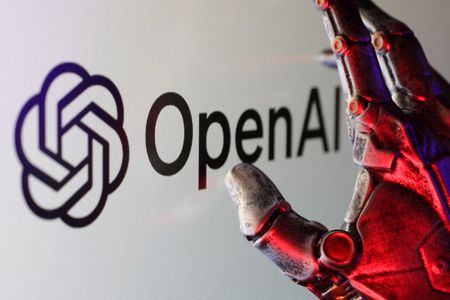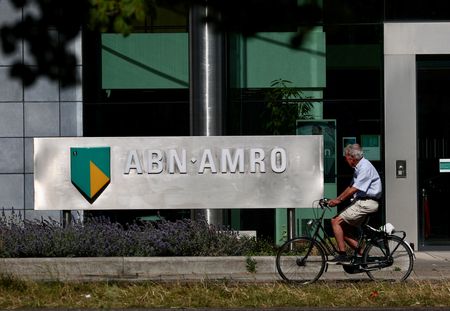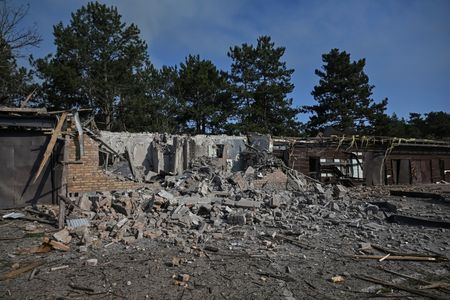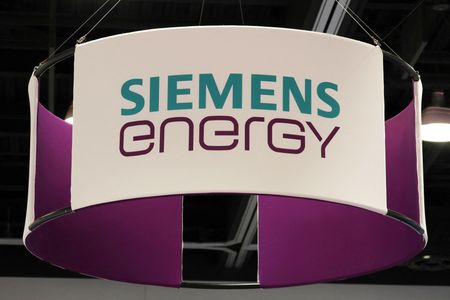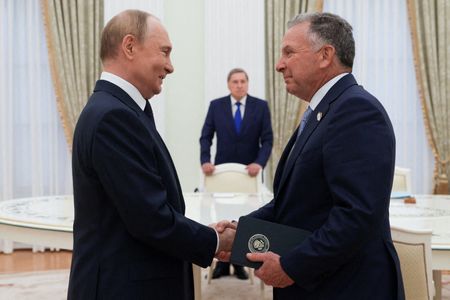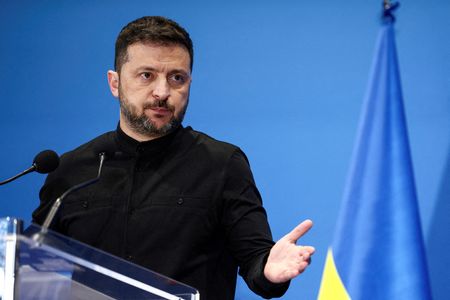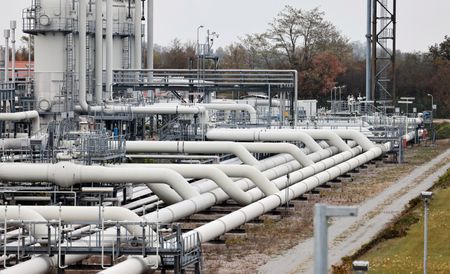By Gwladys Fouche
OSLO (Reuters) -The world economy appears to be fragmenting, posing the biggest risk to markets currently as it brings low growth and higher inflation, the CEO of Norway’s $1.8 trillion sovereign wealth fund told Reuters.
The fund, which invests the Norwegian state’s revenues from oil and gas production, is the largest of its type and one of the world’s biggest investors, owning on average 1.5% of all listed stocks and across some 9,000 companies globally.
It is also invested in bonds, real estate and renewable energy assets.
Asked what the biggest risk to financial markets today was, Nicolai Tangen, CEO of the fund’s operator Norges Bank Investment Management (NBIM), said it was decoupling, and referred to one of the fund’s stress-test scenarios that sees a fragmented world economy.
“That kind of decoupling of the world is a very negative scenario,” he said in an interview.
“You are in a situation now where you have… a hot war, you have a cold war, you’ve got a trade war, you’ve got a tech war. It’s just a lot of friction here between the superpowers,” he added.
“And it leads to lower economic growth, higher inflationary pressure, and more uncertainty.”
Asked whether we were in that scenario, Tangen said: “Looks like it.”
In the fund’s stress-test scenario, a “fragmented world” could result in the fund losing up to about a third of its value.
At the same time, he noted the paradox that though markets have experienced a lot of volatility in recent weeks, they are flat on the year.
“If you had asked me, this is what’s going to happen, where do you think markets are going to be? I would not have thought that they would be where they are. I mean, they are unchanged on the year,” he said.
It was unclear how long the current situation would last, he said, and noted that companies appear reluctant to give outlooks at the moment.
“Companies increasingly don’t give forecasts when they come up with the numbers,” he said.
WHO IS RESILIENT?
The companies that can cope the best in the current environment are those that are able to resist price pressure, either because they are able to raise prices and not be hit financially – say, because their competitors have to raise prices too – or because they have flexible supply chains.
He declined to name specific sectors, or companies, that were especially affected by the trade war.
Overall, over the past year, the fund has been slightly underweight in equities, and tech stocks.
The changes were small overall, he said, because the fund has to respect a mandate set by parliament.
REAPPOINTED
Tangen was reappointed last month for a second and final five-year term as CEO of NBIM. He sees his job in his new period as continuing to optimise every aspect of the fund’s operations.
“It is to improve 1% everywhere, all of the time,” he said.
Tangen has been keen for the fund – and the 9,000 companies it invests in – to be using artificial intelligence in their operations.
In the past three weeks, he said, fund employees had been able to screen their online news monitoring of companies against certain risk parameters, which he did not name, thanks to AI.
“In the past, it took days and days. (Now) it’s like ten minutes. It’s just unbelievable,” he said.
(Reporting by Gwladys Fouche; Editing by Jan Harvey)

